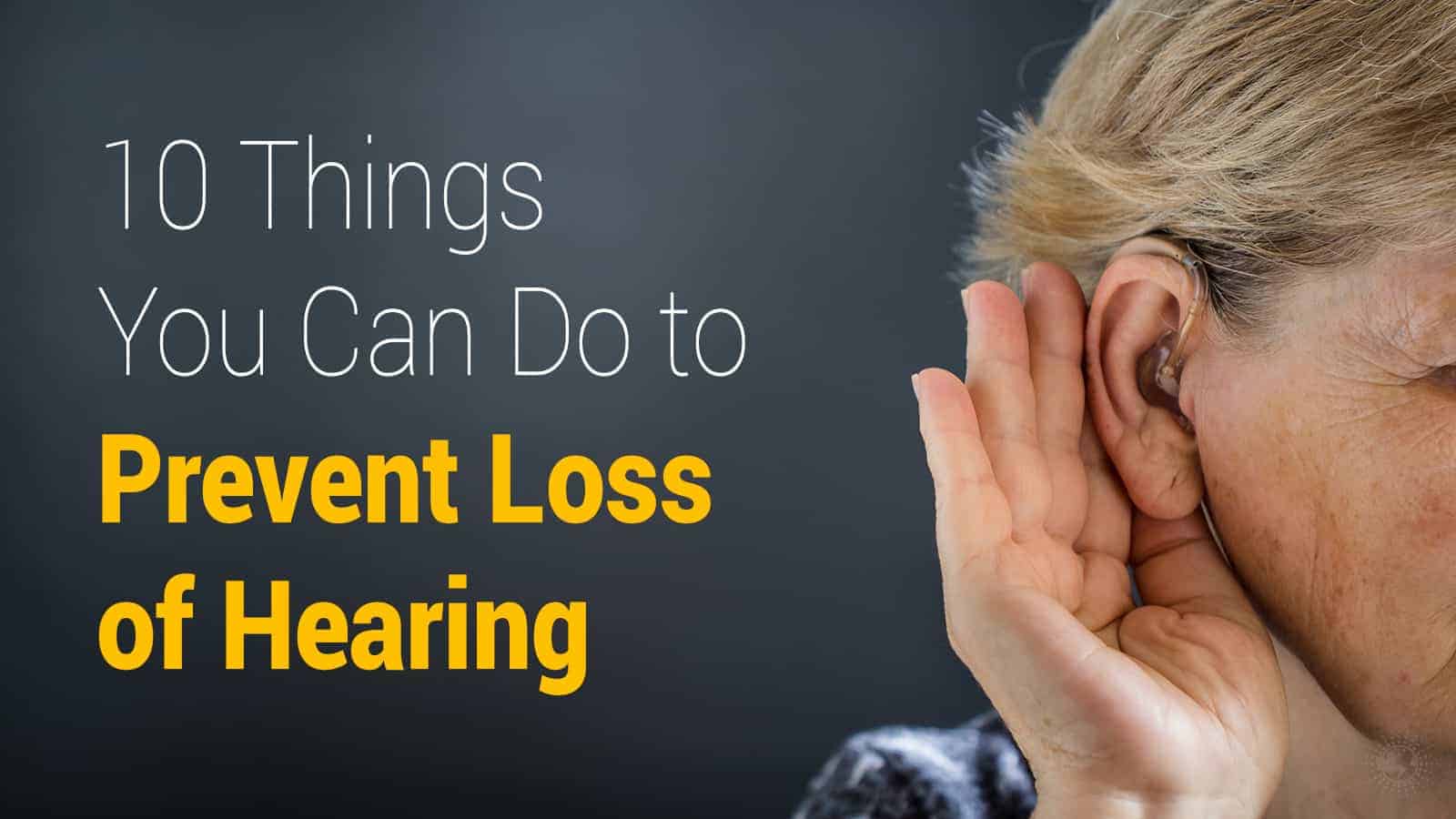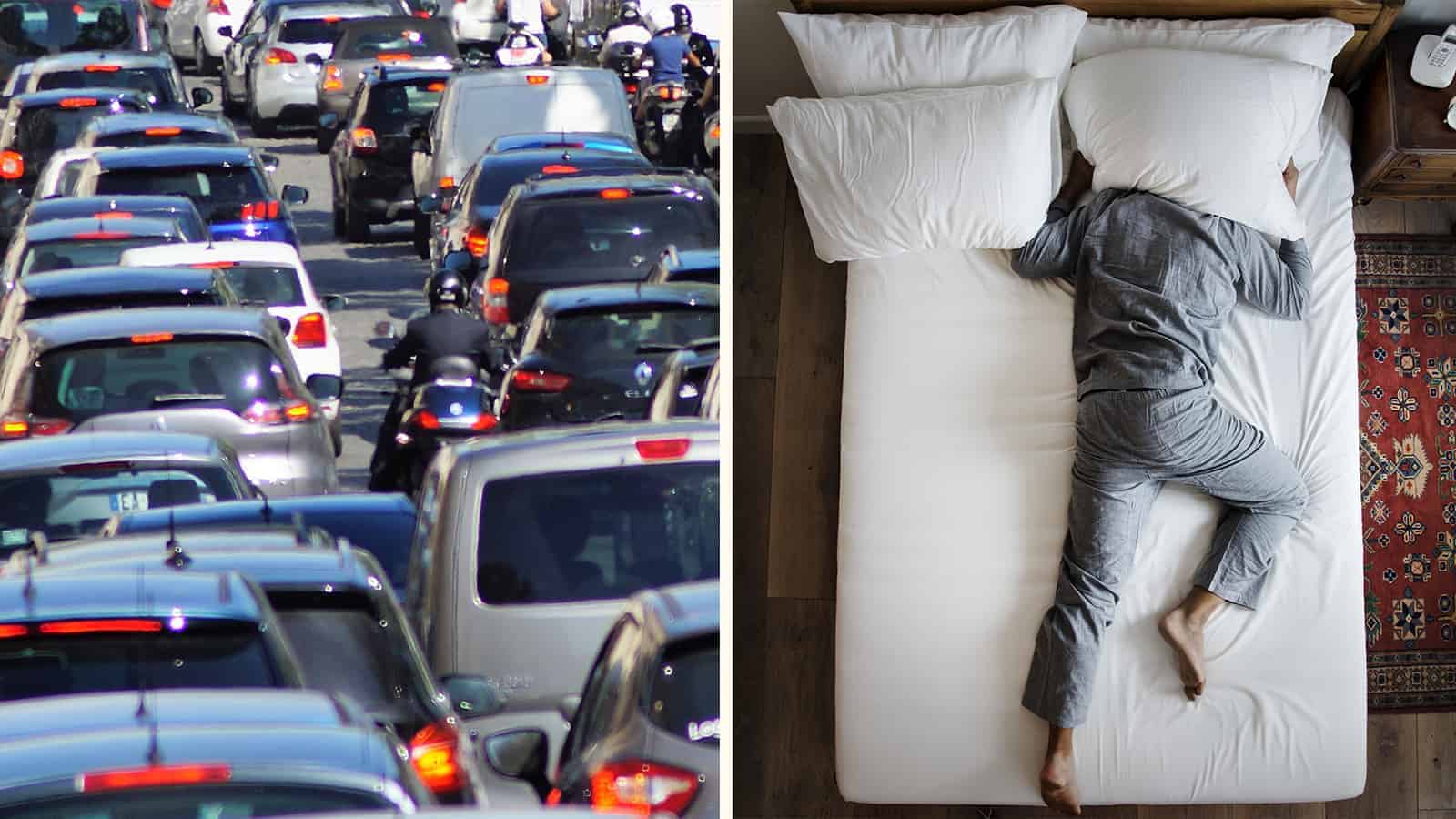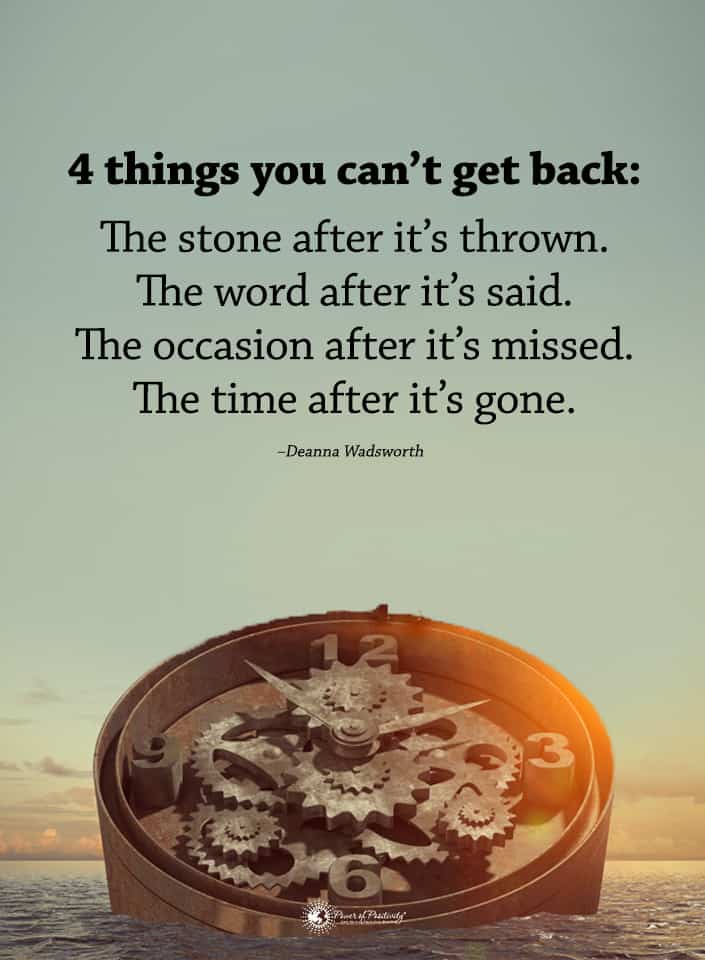When people are young, loss of hearing isn’t one of their biggest concerns. However, as people age, they begin to realize that they should have paid more attention to their ear health. Ears are a sensitive body part and should be treated with care to prevent hearing loss in later years. It doesn’t take much to keep ears healthy, and these ten tips are a great starting point.
Quick Hearing Facts
*These hearing facts were published by the World Health Organization (WHO) in March of 2020
- Over 466 million people around the world have disabling loss of hearing.
- At least 60% of the loss of hearing that occurs in children is preventable.
- Only 17% of people who need a hearing aid uses one.
- Of people ages 12 to 35 years old, 1.1 billion are at risk of loss of hearing due to recreational activities.
- These statistics include mild to a severe loss of hearing.
Ten Things You Can Do to Prevent Loss of Hearing
Adopt these habits early in life to keep your ears healthy for a lifetime.
1. Get regular hearing checkups.
The American Speech-Language-Hearing Association (ASHA) recommends that healthy adults with no known hearing problems up to age 49 years old should get their hearing tested at least once every ten years. When you turn 50, you should get it tested every three years. This isn’t a significant burden, so it’s relatively easy to keep up with these hearing tests. Unfortunately, most people don’t get tested until they recognize a problem.
Otolaryngology is the name for an ear doctor, but they are more commonly referred to as ear, nose, and throat doctors (ENTs). They are trained and licensed to treat ear diseases. You can get a test from an ENT, but you may be better going to an audiologist.
An audiologist is a trained and licensed healthcare professional that primarily focuses on hearing loss and hearing aids. No matter which type of ear specialist you choose, they can both give you the exams you need.
2. Avoid loud noises, if possible.
Unfortunately, noise is all around you. There is little you can do to stop all that noise outside of your home, but you can control it inside of your home or specific environments in your life. Doing so can benefit you when you get older.
Organizations such as WHO, the U.S. Environmental Protection Agency (EPA), and the Centers for Disease Control (CDC) all agree that keeping noises at an average of 70 decibels (dBA) during a day or less than 75dBA in 8 hours is the best way to prevent loss of hearing.
You may not know how to measure dBAs, so here is a reference list that can give you an idea of noise levels (provided by the CDC):
- Normal breathing – 10 dBA
- Soft whisper – 30 dBA
- Refrigerator hum – 40 dBA
- Normal conversation – 60 dBA
- City Traffic – 80 to 85 dBA
- Motorcycle – 95 dBA
- Max volume of personal listening devices – 105 to 110
- Fire Truck Sirens – 120 dBA
- Fireworks – 140 to 150 dBA
3. If you can’t avoid loud noises, protect your hearing.
You can’t control most of the noise you encounter each day. Outside noise, noise at work, and noise in public places can be random – and loud. That’s why you must protect your hearing.
You can do this by wearing personal ear protection. There are different types of ear protectors suited for other purposes.
Earmuffs completely enclose the ears and provide the most protection, but they aren’t practical for day to day use. They’re usually used in places like construction sites or gun ranges. It’s recommended that these are used with a safety helmet.
Earplugs are the more practical choice for day to day use. They can come in a range of quality levels depending on the use. Inexpensive ones would be for the average user for activities such as blocking out city noises, dampening the sound of loud music, or for swimming. There are “industrial” earplugs, sometimes designated as personal protective equipment (PPE), that work better.
No matter which one you prefer, take steps to protect your hearing while you’re young.
4. Be sensible when using headphones.
A lot of hearing damage comes from people turning the volume up to the maximum level on the personal devices while using headphones. Headphones direct the noise straight into your ear, so the capacity for ear damage is immense. As you can see from the earlier chart, the maximum level on a personal device is over 100 dBA, but the safe listening level is 70 dBA or less.
The simple solution to this is to turn the volume down. Don’t try to drown out other noise with your headphones. Invest in noise-canceling headphones so you can keep the volume at a safe level while still being able to hear your device.
5. When shopping for appliances or other machines, try to get quiet items.
You may not realize the combined noise that all your appliances, electronics, and other machines make in your home. Individually they’re simply a low hum. You may be so used to hearing this hum that you don’t even notice it anymore. Collectively, they can produce a lot of low-level noise, which means your ears are never getting a break.
Manufacturers have been using a new magnetic motor technology to make these machines quieter. While vacuum cleaners are still super loud, many other household machines can run almost silently. It’s due to the fact that these types of motors don’t have parts rubbing against each other, so there is no friction, which means no noise. Investing in these types of machines can save your ears some frustration.
6. Stop smoking and avoid second-hand smoke.
It may be hard to believe that smoking affects your hearing, but it’s true. In fact, smoking negatively affects almost all your body’s functions.
During a study published in the Journal of Clinical & Diagnostic Research, it was found that over 77 percent of the damage done from smoking was a sensorineural hearing loss or inner ear damage. This is the most common type of injury leading to permanent hearing loss. In most cases, medicine or surgery can’t correct sensorineural hearing loss.
7. Remove earwax properly.
Most people have been told since they were a child not to stick things in their ears. Yet an alarming number of adults clean their ears with cotton swabs. Even worse, people may use other random objects to clean out their ears.
Doing this can cause severe ear injuries. These injuries can include cuts to the ear canal, poking a hole in the eardrum, or even damaging the delicate bones in your ear. This damage can lead to a partial or full loss of hearing. The best thing you can do is buy an earwax removal kit or get it removed professionally.
8. Check your medication.
Some medications can interfere with your hearing or even permanently damage it. If it’s a prescription medication, it’s likely that your doctor is aware of this and should have pointed out this risk. However, it doesn’t hurt to do your research.
Taking too many over the counter medicines at once can also cause hearing problems. While these may be mild, such as ringing in your ears, long-term mild damage can lead to permanent damage.
Common medicines (prescribed and OTC) that can do this include aspirin, ibuprofen, naproxen, antibiotics, loop diuretics, and more.
9. Control diseases like diabetes or heart disease.
These types of diseases are like smoking. They can negatively affect almost every function in your body, including hearing. While they may not directly damage your ears, they can damage body parts like blood vessels, which can lead to less blood flow and oxygen to your ears. This can cause your ears to not work correctly, causing temporary hearing problems. If the problem isn’t taken care of, it may turn into permanent damage.
The best way to prevent any of this from happening is to lead a healthy lifestyle in the first place. In many cases, diabetes, heart disease, and other diseases are preventable. This leads to the last tip.
10. Eat a healthy and balanced diet.
It shouldn’t be shocking that what you eat can impact your hearing. After all, your diet impacts just about everything else in your body. Your ears need nutrients to function, just like everything else in your body. Too much bad stuff and not enough nutrients can cause hearing problems.
More importantly, some foods can boost your ear health. It’s no surprise that it’s healthy foods such as vegetables, fruit, and fibrous foods. If you simply eat a healthy, balanced diet, you’ll not only be taking steps to prevent hearing damage, but you’ll be taking steps to improve your hearing.
Final Thoughts on Preventing Loss of Hearing
When you realize that most loss of hearing is self-inflicted, it should make you want to do everything you can to prevent this from happening to you. Most of the tips provided are relatively easy to implement and would only require a few minor lifestyle changes.
The main takeaways from this article are to limit your exposure to loud noise, use ear protection, and stay healthy. Start there and work on the other tips as you can. You’ll be glad you did as you hit the golden years.
















 Community
Community

